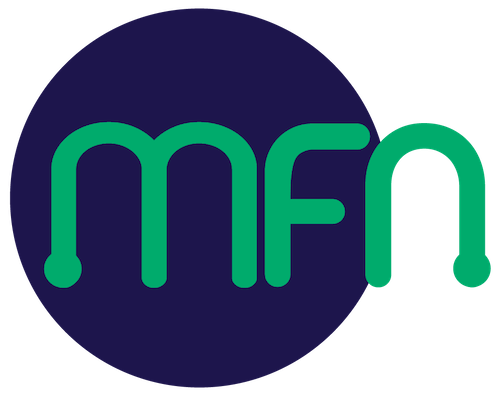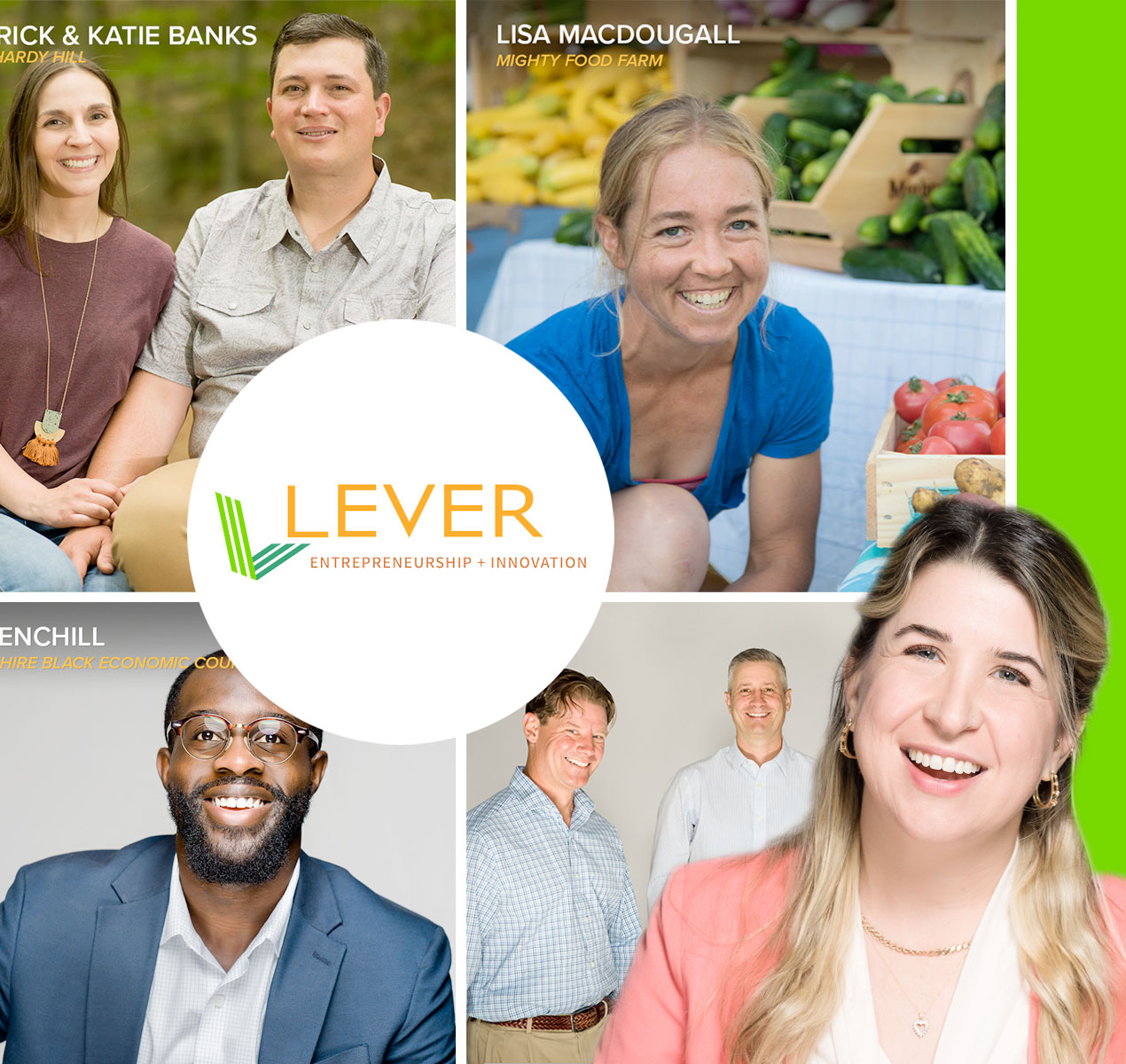Peter Conforti is the founder and CEO of Good Content, an editing agency based in Massachusetts that produces short-form video in the social media space. Good Content helps brands, advertisers, media companies, and creators navigate platforms like TikTok and Snapchat. They advise clients on how best to reach young audiences and offer video production services to bring ideas to life. Previously, Peter worked at Snapchat, where he helped build their content team from 3 employees to 100+ and oversaw content strategy and analytics across Snapchat’s Discover product. I had the opportunity to talk to him about how he got started, unfair advantages, early-stage challenge, product pivots, and more. —Nate Nurmi
What inspired you to start your own company, and how did you get started?

I’ve always dreamt of running my own company and the moment came when the timing and opportunity felt right to take the plunge.
I had been working on Snapchat’s content team for five years and gained extensive experience producing short-form video content for mobile. While there I saw the emergence of short-form video, and how bad existing media companies were at creating it. There was a clear need and opportunity for more production organizations who got it.
My partner and I decided to move back to Massachusetts—pre-COVID, which meant I would need to leave my job. I didn’t see any obvious job opportunities in my industry, so my options were to either start a company or switch industries.
I saw an opportunity and had nothing to lose given the timing, so I went for it.
How did you initially fund your company, and what advice would you give to other entrepreneurs who are bootstrapping their businesses?
I was fortunate to have enough savings to bootstrap the company (though not much)—mid-five figures that I used to hire freelancers on a per project basis at first. I made it my goal to push for revenue as quickly as possible, and then reassess after 12 months. Once we had consistent revenue, about a year in, we made our first hire.
I didn’t want to bring on investors for a couple reasons. First – I didn’t want to make grand promises and then be on the hook for wild valuations down the road. The mobile content industry is nascent and risky, and I knew that my business model would likely need to change many times over the coming years. Second, I had a strong network of contacts from my time at Snapchat and was fortunate to not need capital to attain revenue.
My biggest learning, especially when bootstrapping, is that a “cheat code” is necessary to make a startup work. Almost all the entrepreneurs in my network who have succeeded have done so because they have a “cheat code.” A cheat code could be a key investor, proprietary tech, or an initial customer lined up before the company is formed. My cheat code was my network of entertainment industry contacts who could get me sweetheart deals.
The point is that there needs to be some sort of unfair advantage, particularly if you are bootstrapping. It’s just too damn hard to make a startup work without it.
When did you first realize that your original business model wasn’t working, and what steps did you take to pivot your company?
In our original business model, we developed and produced original short form videos, posted them on social media, and monetized them through advertising and sponsorships. The model began to break down as platforms and audience preferences changed.
I smelled smoke after year one and saw fire after year two.
It was clear we needed to change course and we took inventory of our strengths. Through that process we identified our new model: social video production services for creators, media companies, and brands.
We then went into experimentation mode, testing new offerings every few months until we found one with high sales conversion. Once we had a workable offering, we shopped it around to different markets and types of clients to find product market fit. That whole process took about a year.
What were some of the biggest challenges you faced during the pivot process, and how did you address them?
I come from the content production world, and this pivot required sales, which was totally new. I had no idea how to generate leads, or how to price our offering.
How did you communicate the changes to your customers and stakeholders during the pivot, and what was their response?
Customers weren’t an issue, but communicating with my staff was challenging. Pivoting is a scary thing—you’re replacing the foundation of the company with uncertainty. It’s hard to inspire confidence and maintain optimism when the future is uncertain and the existing business is falling apart.
Can you talk about a time when you made a difficult decision during the pivot process, and how did you handle it?
At a certain point we tested a new model enough to feel comfortable with a new direction, and our old model had eroded to the point where it was no longer worth supporting. I had to do a layoff and accelerate our pivot with the remaining team.
Looking back, what are some of the key lessons you learned from the pivot experience?
Most importantly, I should have been more aggressive in killing off the old business model. That big decision/layoff moment happened 3-4 months later than it should have. Second, we should have been experimenting with other target markets earlier in the pivot process. Our assumption was to stay in the same market but create new offerings. Now, we’ve repositioned ourselves to attack new and more lucrative markets.
How did you measure success during the pivot process, and what metrics did you use to track progress?
The sales funnel. Closely tracking conversion rates at each funnel step. Growth in our old model (developing original content IP) was predicated on R+D…how many great content ideas we could come up with. The new model (client services) was all about sales. Whatever variable we were testing–style of offering, price point, customer type–we would measure against sales conversion.
Can you discuss how your company culture changed following the pivot, and what impact did it have on your team?
My team is awesome, and they handled the transition really well. Our day-to-day is very different now, but everyone’s attitude has remained steady. Being open with them about strengths, weaknesses, opportunities, threats of the business helped a lot. Because of this communication, everyone understood our business and saw the same threats, and were totally on board for a pivot because of it.
Looking back, what are some of the key milestones or accomplishments that you’re most proud of in your journey as a founder?
It’s been nice to watch my company “alum” network start to blossom. I’ve gotten super lucky with the staff I’ve had on the team. They’ve all been insanely talented. Now some of them who have gone on to bigger and better things are networking with each other and building on their relationships from their Good Content days. So cool.




